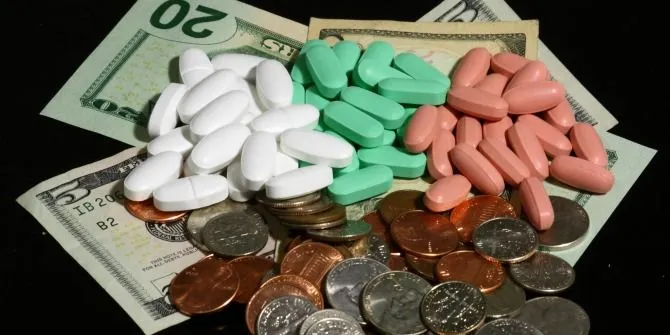What can researchers and governments do to ensure the results of their research are contributing to wider health provision?
Here, governments can play an active role in checking the imbalance in access to life saving drugs. States should encourage extensive and intensive research in developing life saving medicines by providing research infrastructure at public cost and by incentivising researchers and scientists directly rather than rewarding the venture capitalists and companies for the labour of real researchers. This remains extremely crucial as when the state steps in the market of pharmaceutical industry it focuses on social returns and health impact unlike the other pharmaceutical and biotechnology industries which are driven solely by long-term business considerations. The state should also facilitate high level academic and scholarly research in this field to ensure exchange of ideas and information on a more intellectual level.
The outcome of R&D related to life-saving drugs ought to be treated as public goods rather than private property. This idea can be realised through democratization of pharmaceutical production systems. One option is to have a global patent pool which is based on a system of free exchange of research without the traditional proprietary restrictions. This would safeguard public access to scientific discoveries and technologies that could be used for developing treatments. The International Genome project is a good example of that.
Another research model proposed to the World Health Organisation by Bangladesh, Barbados, Bolivia, and Suriname in 2009 was a centralized innovation fund, which would pool research and develop treatments like antibiotics and vaccines aimed at serving vulnerable communities. For HIV/AIDS drug development, the Medicines Patent Pool, based in Switzerland and funded by the United Nations, has already established a global knowledge-sharing platform to expand production of low-cost medicines.
Therefore, the ultimate solution can be nationalising the entire pharmaceutical research & development activities related to life saving drugs while letting private pharmaceutical industries to participate only in the production and distribution of drugs in the market Whether governments world over have the courage, political will and moral strength to take such a bold step remains a moot question.
Note: This article gives the views of the authors, and not the position of the Impact of Social Science blog, nor of the London School of Economics. Please review our Comments Policy if you have any concerns on posting a comment below.

About the Author
Akansha Mehta is currently pursuing B.A. LL.B (Hons) from Dr. RML National Law University, Lucknow, India. She is also the founder of the NGO “Association for Medical Accessibility and Law” (AMAL). She is a columnist in the leading Indian newspaper- The Pioneer and a contributor at Medicalblog and Ipleaders. She is presently engaged with the Eastern Book Company as a legal researcher.
Upvote this post if you like and follow me for more life saving stuff. Please note that I in no way, means or form try and claim any credits of this report/ research. I acknowledge the fact that the report/research used in the said article are the sole property of the owners and I am Using these information as per Google Search Filtered by Free to use or share.